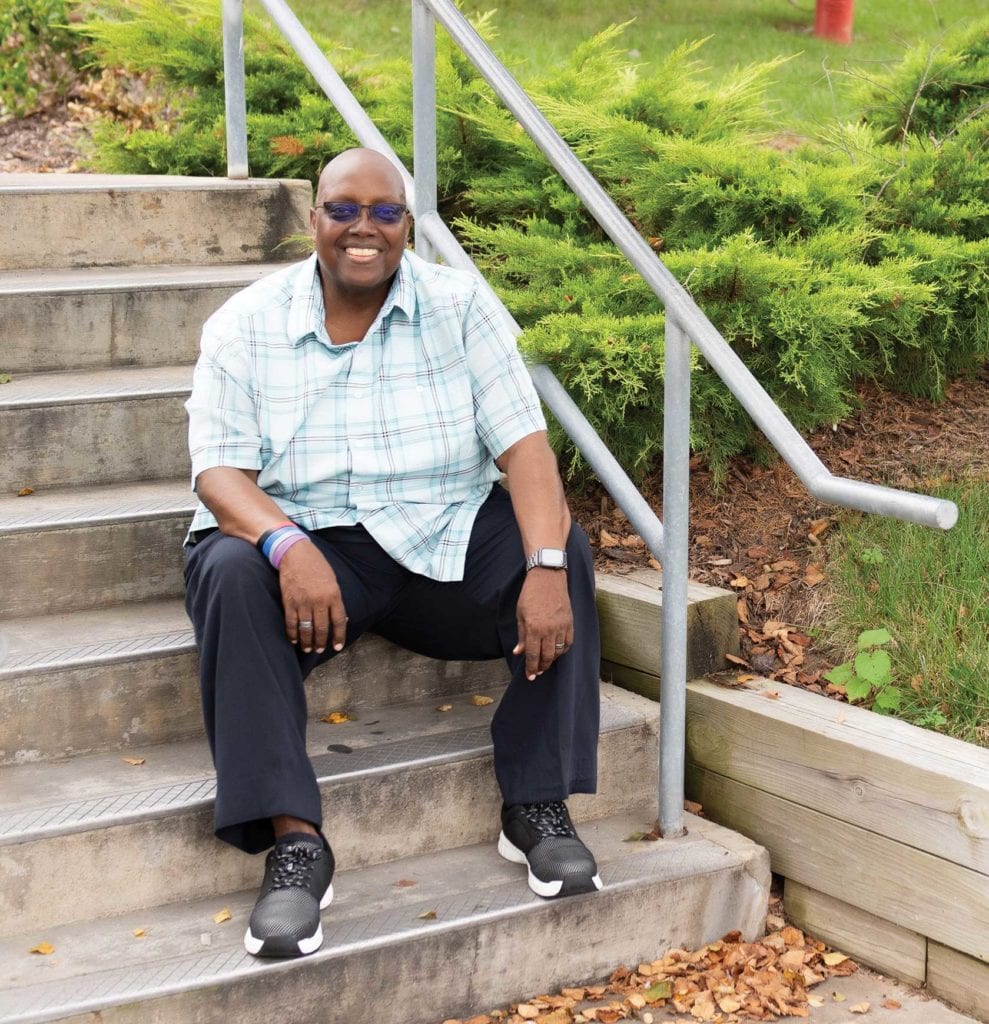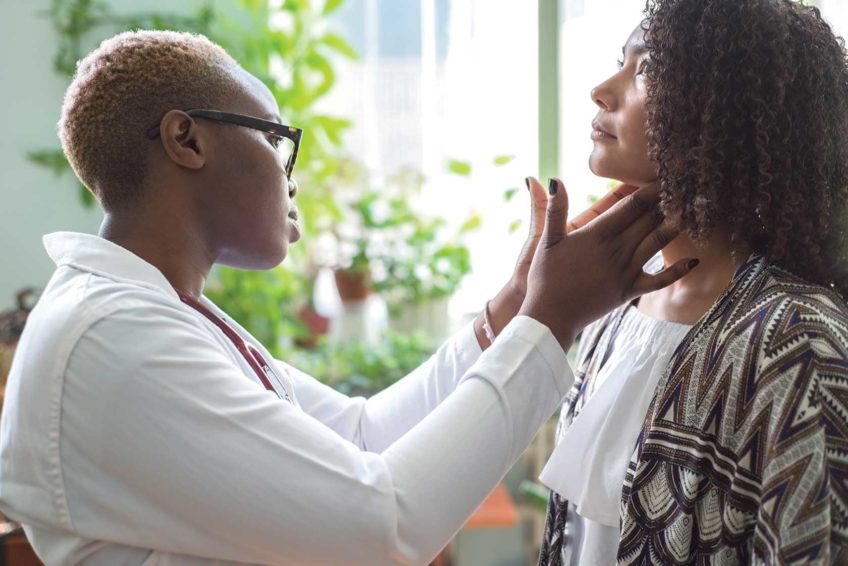
When Darryl Elzy was diagnosed with prostate cancer 12 years ago, he squarely accepted and faced the challenge. He just didn’t know the battle would take this long.
Because of difficulties in scheduling, Elzy, 60, missed two yearly physicals. At the urging of his wife, Stephanie, however, he did not miss the third. It’s a good thing he didn’t. His prostate-specific antigen was elevated, and his digital rectal exam “didn’t feel right,” according to his doctor.
A repeated elevated PSA resulted in a referral to a urologist. A PSA score greater than 2.5 is considered abnormal for his age group. Elzy’s was considerably higher.
A biopsy revealed a Gleason score of 8, which indicates a cancer that is more likely to grow or spread more quickly, according to the American Cancer Society.
He knew the news could not be good when his doctor called. “You might want to sit down,” the doctor said. “His words went in one ear and out the other,” said Elzy. “All I heard was ‘cancer.’”
BRCA2
What Elzy did not know at the time was that his genes in all probability played a role in his disease. His mother was diagnosed with breast cancer at the age of 42, and succumbed to the disease 10 years later. The median age at diagnosis of breast cancer is 62, according to the National Cancer Institute.
Elzy was 48 when he was diagnosed with prostate cancer. The median age is 66. Cancer at an earlier than expected age is a red flag.
The National Comprehensive Cancer Network suggests that a man should consider genetic testing if he has a high risk or metastatic prostate cancer and family members diagnosed with certain cancers — including breast — at age 45 or younger.
Elzy clearly met the recommended guidelines.
He was tested and found that he had a mutation in BRCA2, a gene that is actually supposed to prevent tumors. When first discovered, studies of BRCA2 focused on breast cancer. It was eventually learned that it increased the risk of prostate cancer as well as cancers of the pancreas, ovaries and melanoma.
Elzy, with the support of his wife, decided to have his prostate removed. Unfortunately, due to the extent of his cancer, the nerves surrounding his prostate could not be spared, his urologist explained. The major possible side effects of this more aggressive surgery are urinary incontinence and erectile dysfunction.
The couple was referred to a psychiatrist to make sure they understood the full impact of the potential outcomes of the procedure, especially at such a young age. But it was Stephanie who helped seal the decision. “If it keeps my husband around longer, I’m all for it,” she explained.
Elzy has gone through a litany of treatments following removal of his prostate — radiation, hormone therapy, chemotherapy. He even received newly approved medication called PARP inhibitors, which are specifically designed for men with metastatic prostate cancer with certain genetic mutations. Regardless of treatment, his PSA, after returning to normal, would steadily rise again.
This is not unusual for cases of prostate cancer that are linked to hereditary gene mutations. They tend to have a higher incidence of recurrence. Elzy has now participated in three clinical trials to evaluate the effectiveness of new medical interventions. If one trial doesn’t work, he just waits for the next.
Elzy is not complaining. He is currently on chemotherapy, but shows up every day for his work at Dell.
He looks on the bright side. “I’m still here,” he said.






